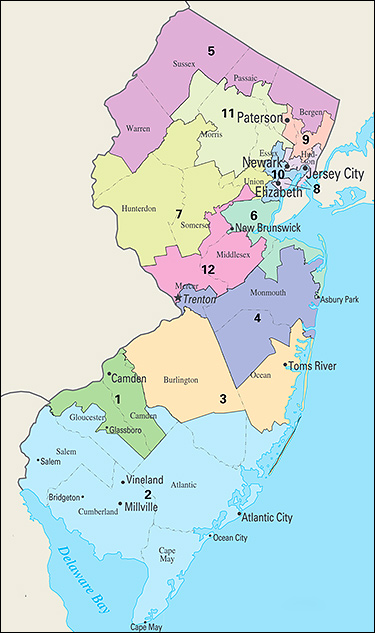By Jim Ellis
July 15, 2020 — The Texas and Alabama runoffs were held yesterday along with the postponed Maine primary, and we have some winners and cliff hangers.In Alabama, retired Auburn University head football coach Tommy Tuberville, as expected, pretty much demolished former US attorney general and ex-Alabama senator Jeff Sessions last night with the margin of victory being larger than expected. Though earlier polls had predicted spreads as large as 22 points, a 61-39 percent Tuberville victory margin was not forecast even though every pollster found the former coach leading the race. The Tuberville victory was so complete that Sessions, a man who ran unopposed in his previous Senate re-election campaign (2014), was limited to winning only three counties.
Tuberville advances into the general election to face incumbent Democrat, Sen. Doug Jones, who won a special election in 2017 ironically to replace Sessions after he was appointed to his Trump Administration position. Early polling suggests Tuberville will open the general election with a discernible lead over Sen. Jones in what will likely be a top-three state for President Trump.
Alabama hosted two significant Republican runoff elections last night, both of which almost assuredly identified a pair of new congressmen. In the Mobile-anchored 1st District, Mobile County Commissioner Jerry Carl topped former state senator Bill Hightower, 52-48 percent, and will easily win the general election in November. In the adjoining 2nd District, despite being outspent by a 5:1 ratio, former state Rep. Barry Moore (R-Enterprise) easily defeated moving company owner Jeff Coleman who finished first in the regular primary.
Moore scored a 60-40 percent win over Coleman who dropped more than $1 million of his own money into his campaign and earned retiring Rep. Martha Roby’s (R-Montgomery) endorsement. Moore ran as a Trump Republican and mixed his campaign message with attacks on DC and clever issue targeting. He did not run a negative race against Coleman who had been attacked in the primary. Coleman attracted 38 percent on March 3 but could only expand his runoff vote to 40 percent. Moore, on the other hand, who barely qualified for the runoff – just 591 votes ahead of third place finisher Jessica Taylor – was able to build a winning runoff coalition of 60 percent as compared to his 20 percent in the primary.
Turning to the Texas Senate Democratic runoff, retired Army helicopter pilot M.J. Hegar defeated state Sen. Royce West (D-Dallas) by only about 40,000 votes statewide with further precincts to count. Hegar was mathematically projected the winner, but her margin could continue to shrink once the final tabulations are calculated and reported. She will now challenge Sen. John Cornyn (R) in a race that should break the incumbent’s way by a comfortable margin in November.







